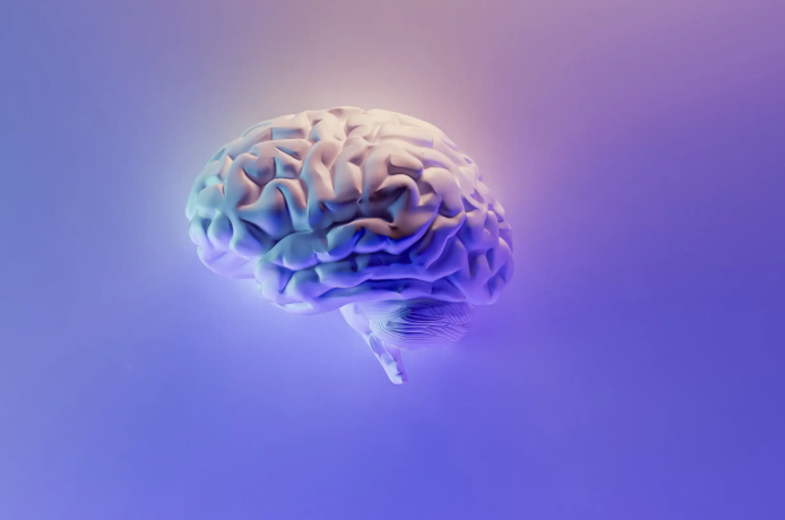
Many of us are convinced that intelligence is of only one typology and is thought to be innate or acquired through the various knowledge we acquire throughout life. However, according to Howard Gardner, professor at Harvard, there are actually several types of intelligence found in a person.
This is also called the "Theory of Multiple Intelligences" ("MI Theory") and is consistent with the theory that there is no single intelligence adequately measured by IQ or other short-answer tests. Instead, based on evidence from various sources, the theory claims that human beings have a relatively discrete set of intellectual capacities, indicating that humans have several other important intellectual capacities.

Howard Gardner developed "MI theory" in the late 1970s and early 1980s. He drew evidence from a variety of sources, disciplines, and research traditions and first presented the theory in 1983 in the book Frames of Mind : The Theory of Multiple Intelligences" (new edition, 2011). According to the theory, the types of intelligence are the following:
Spatial – The ability to conceptualize or manipulate the surface of space on a large scale (eg: pilot, sailor), or objects in space (eg: architect, chess player).
Bodily – kinesthetic – The ability to use the body, or different parts of the body, to solve problems or create products (eg dancer).
Musical – Sensitivity to rhythm, tone, melody and timbre. May bring the ability to sing, play musical instruments and/or compose music (eg conductor, drummer).
Linguistic – Sensitivity to the meaning of words, their order, sound, inflection and everything related to language.
Logical – mathematical – The ability to conceptualize logical relationships between mathematical actions and symbols (eg: mathematician, scientist).
Social (Interpersonal) – The ability to interact effectively with others, understanding the feelings, characters and desires of others (eg psychologist, negotiator).
Self-Intelligence (Intrapersonal) – Sensitivity to one's goals and concerns, and the ability to act on personal traits. This intelligence is not specific to specific careers, but relates to all individuals who are part of a complex modern society, where everyone must make important decisions for themselves.
Natural – The ability to make many distinctions in nature, such as between one plant or another, cloud formation, natural phenomena, etc.





